medicine
September 13, 2024
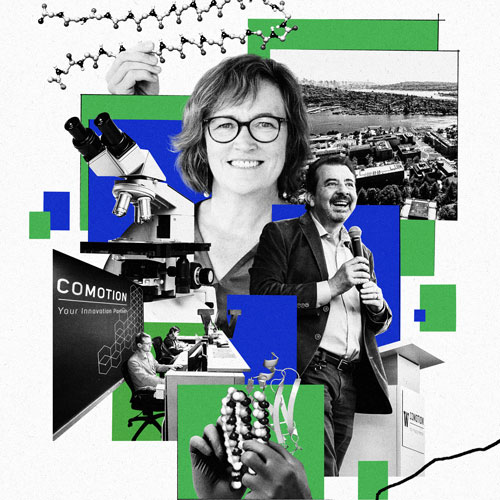
Novel approach
With new support of private equity, CoMotion is helping a UW professor's quest to diagnose Alzheimer's earlier.
September 2, 2023
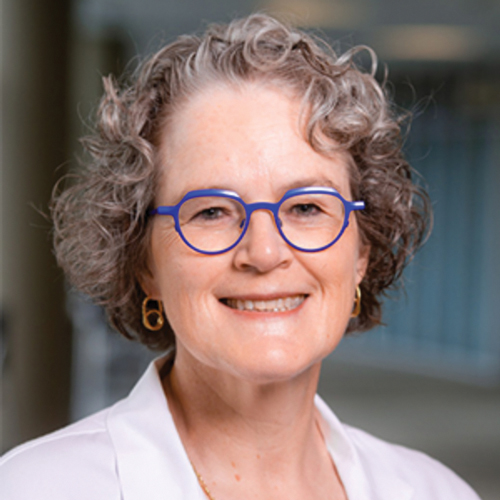
UW alum succeeds Fauci
Jeanne Marrazzo has become the director of the National Institute of Allergy and Infectious Diseases.
May 29, 2023
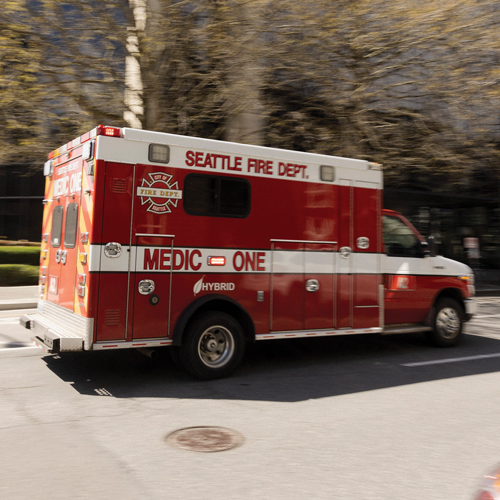
Lifesaving ideas
Dr. Leonard Cobb, a UW professor in the 1960s, devoted his career to lifesaving initiatives like Seattle’s Medic One paramedic program.
February 25, 2023
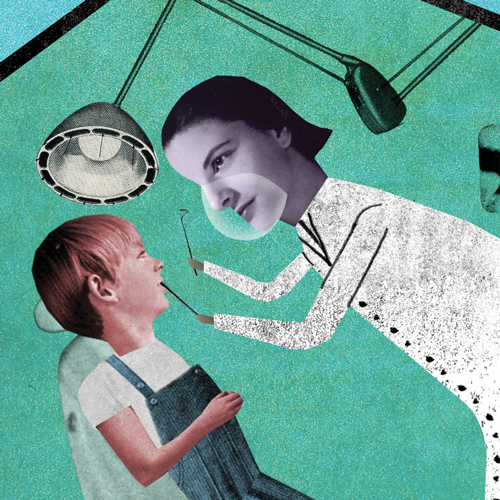
Reaching rural communities
The School of Dentistry gets amazing results from a program bringing health care to rural areas.
November 27, 2022
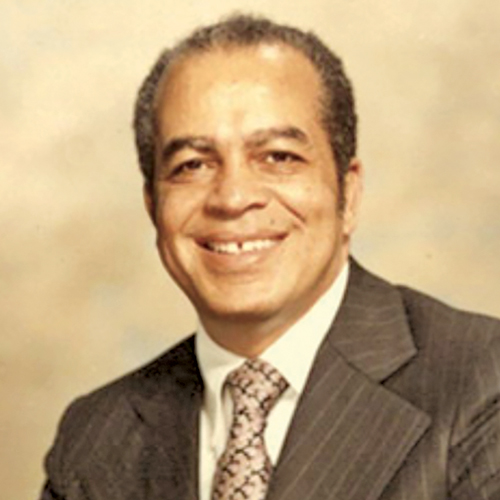
A medical emergency
The UW struggles to enroll Black medical students—a trend that is playing out across the nation.
March 4, 2022
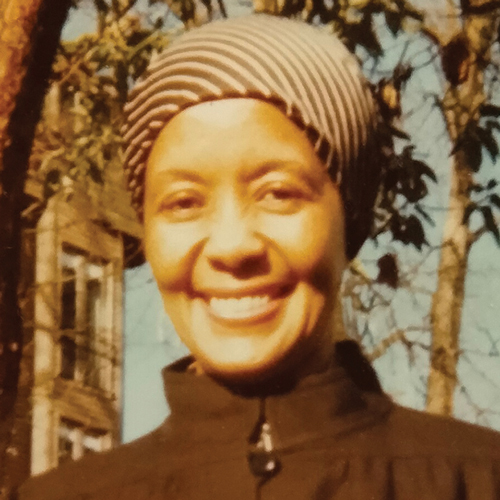
Mentor to many
Millie L.B. Russell, who passed away in November, helped generations of BIPOC students become medical professionals.
May 10, 2021
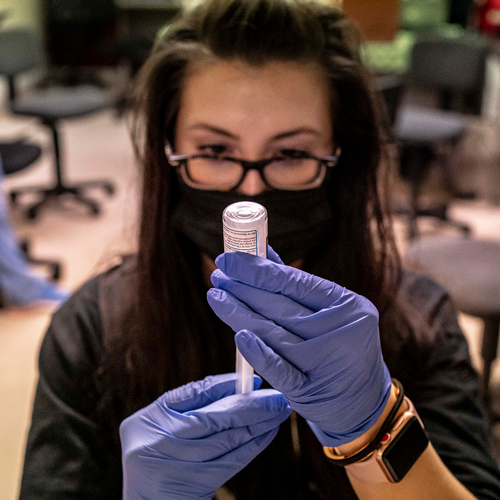
Vaccine equity
Nationwide, we’re falling short on distributing vaccines to the communities that need it most.
December 16, 2020
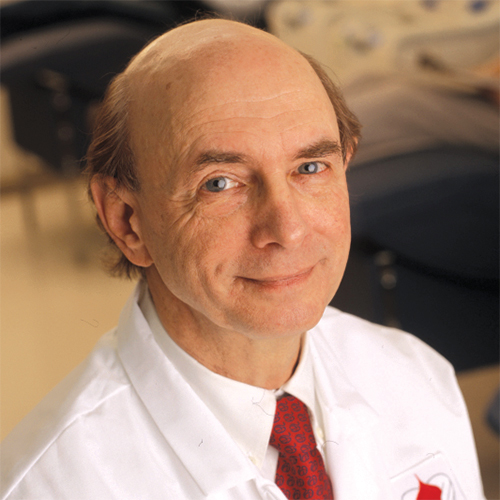
Nobel laureate’s UW ties
Harvey J. Alter, a UW resident in internal medicine from 1964-65, has received a Nobel Prize for his contributions to the discovery of the hepatitis C virus.
July 7, 2020
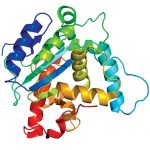
Protein power
Professor David Baker’s audacious approach to creating new proteins may offer new options for stopping disease—including COVID-19.
August 6, 2018
Diabetes nation
We talk about the state of diabetes with Ira Hirsch, the UW’s Diabetes Treatment and Teaching Chair.
January 9, 2018
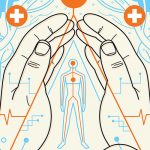
Rural rescue
Connecting UW Medicine research to primary care clinics around the region.
December 15, 2017
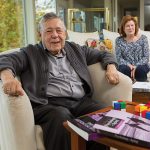
The puzzle of aging
Building on decades of research and outreach, UW experts are piecing together new ways to live longer and better.
June 1, 2015
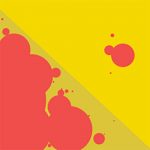
Blood stancher
An injectable polymer could keep soldiers and trauma patients from bleeding to death.
December 1, 2010

Medicine for the masses
Using business, medical and engineering smarts, UW alumni are solving medical problems in Washington and beyond.
September 1, 2006
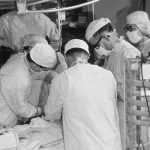
50 years for the heart
Fifty years ago, the UW perfected its own heart-lung machine and did the first open-heart bypass surgery in the West. Now advances are coming so quickly that they could put future cardiac surgeons out of business.
September 1, 1998
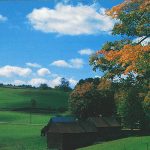
Country doctors
From the Alaskan bush to the Wyoming range, the UW trains doctors in the rural Northwest—and many decide to stay there.
December 1, 1996
Researchers work to create medical implants that bodies won’t reject
UW bioengineers hope to fool the body into accepting foreign materials, opening the door to artificial kidneys, bionic hip replacements and other medical miracles.
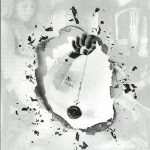
Pausing the pain
UW doctors turn to drugs, hypnosis and even virtual reality to ease patients’ suffering.
September 1, 1996
A stroke of genius saved countless lives with dialysis
"I literally woke up in the middle of the night with the idea of how we could save these people," Belding Scribner recalls.
Inventions made for war adapted to heal people and help the planet
Figuring out how to provide aid during the critical "golden hour" has been the impetus behind a number of projects.